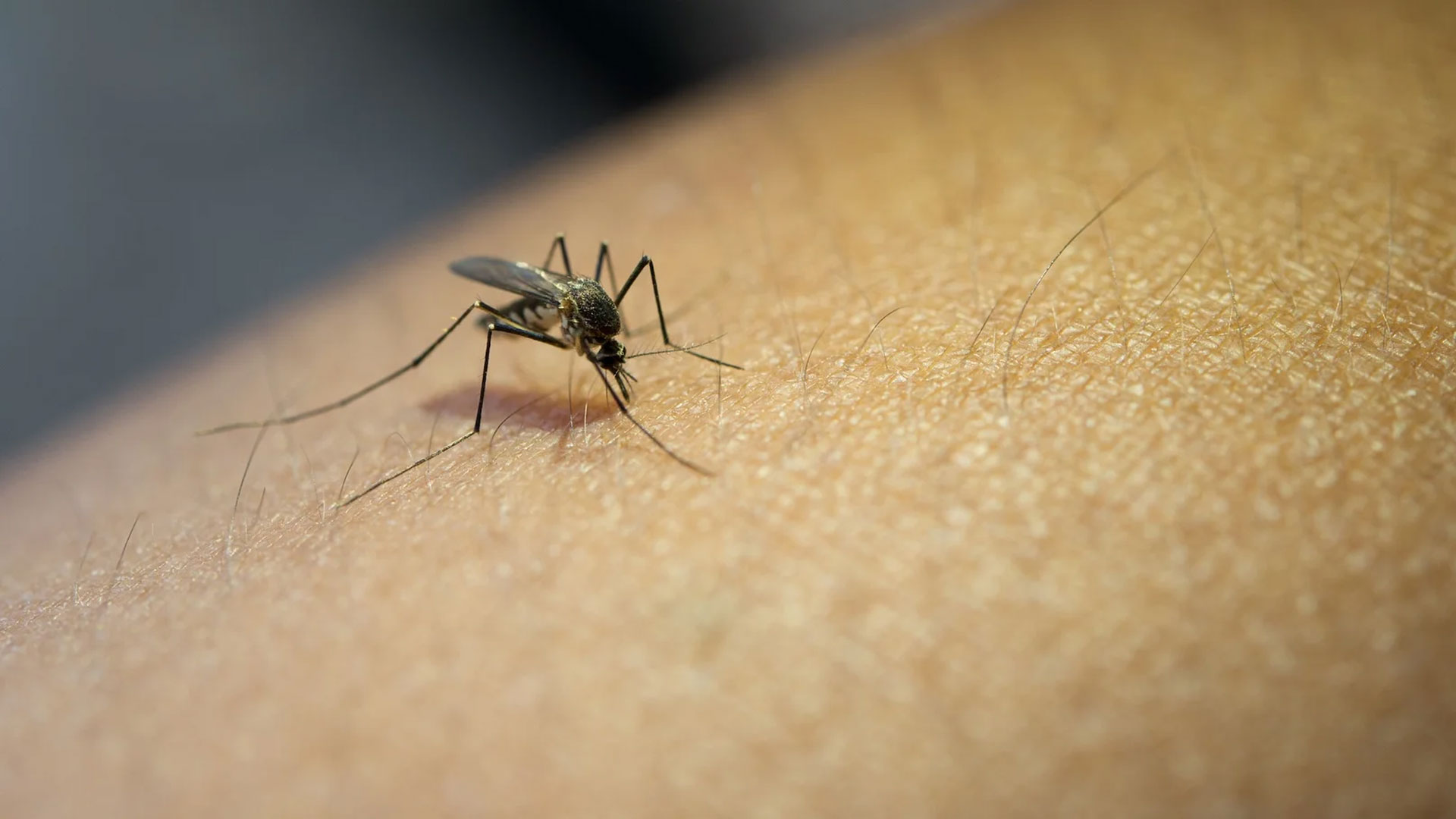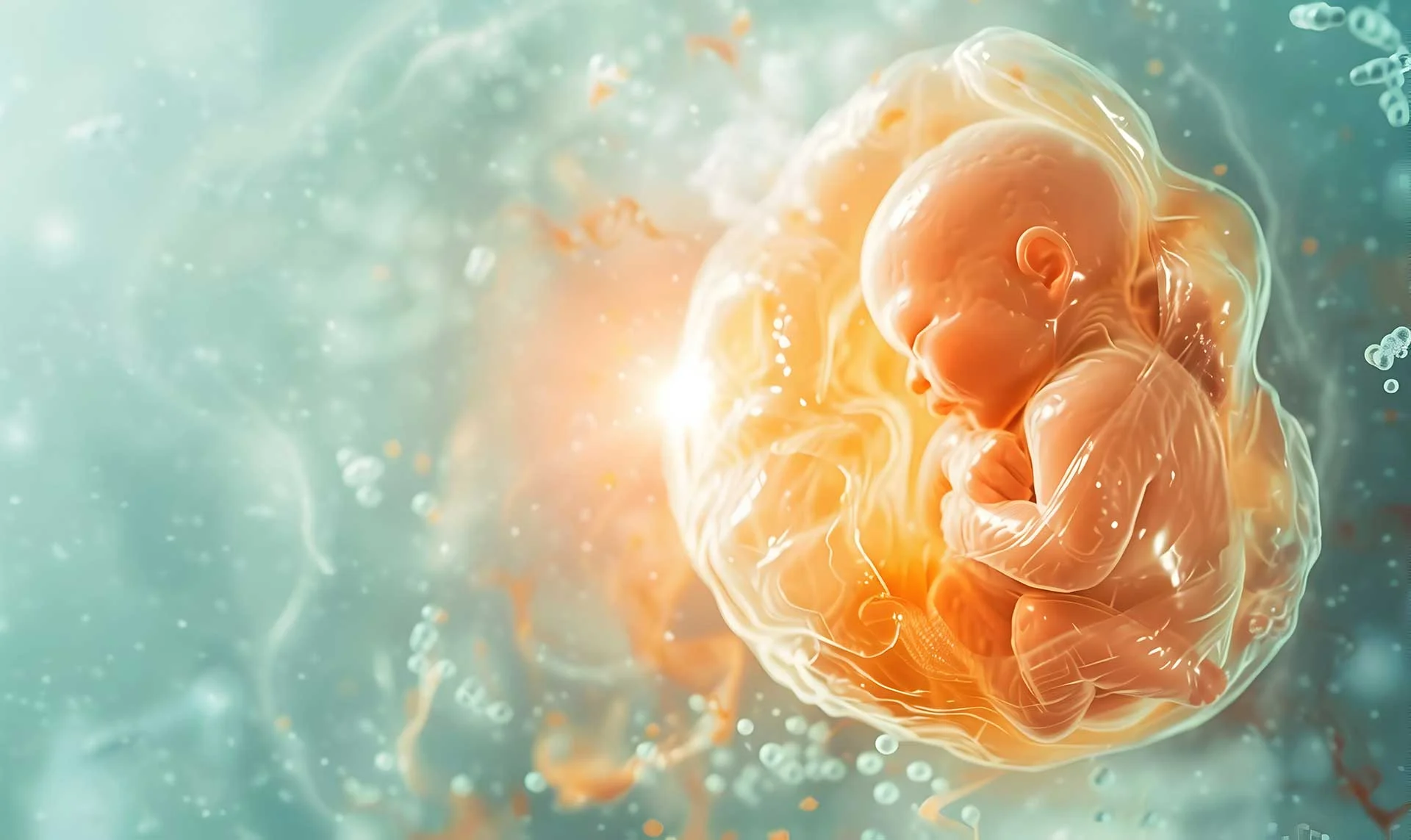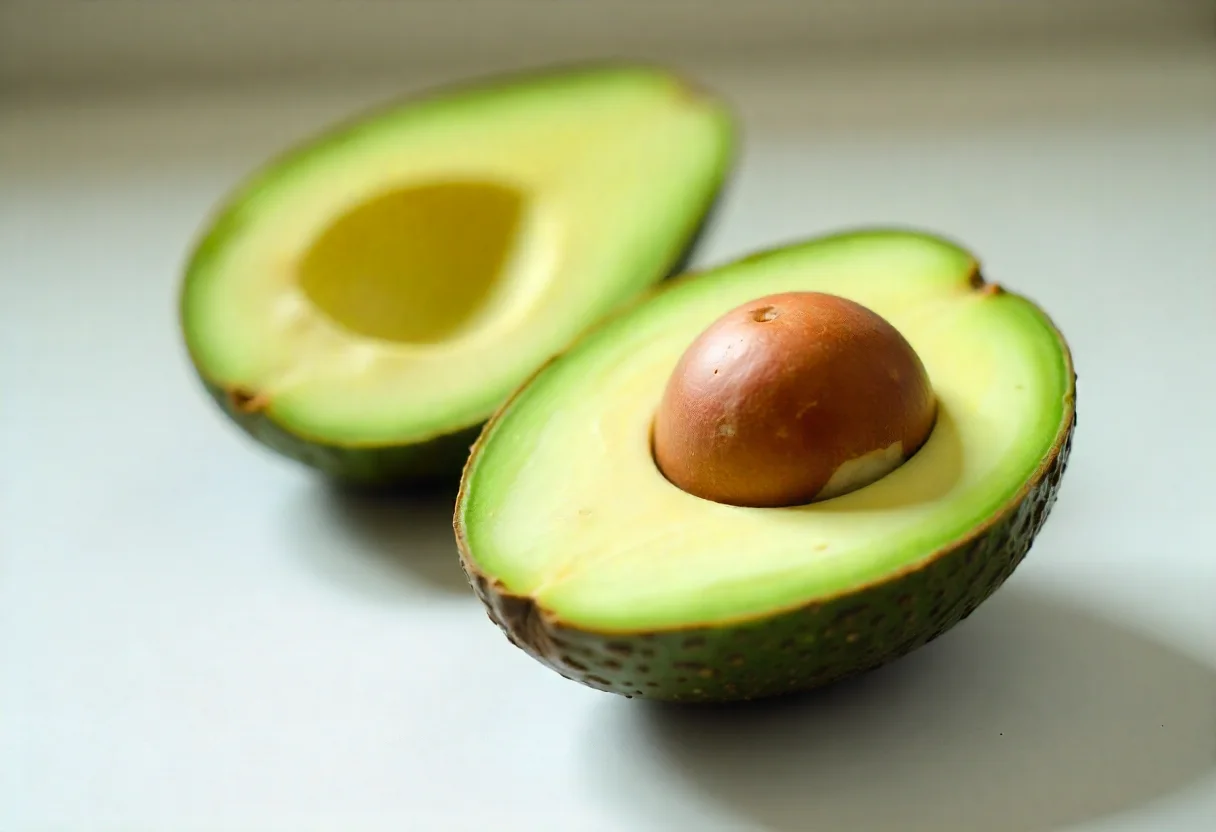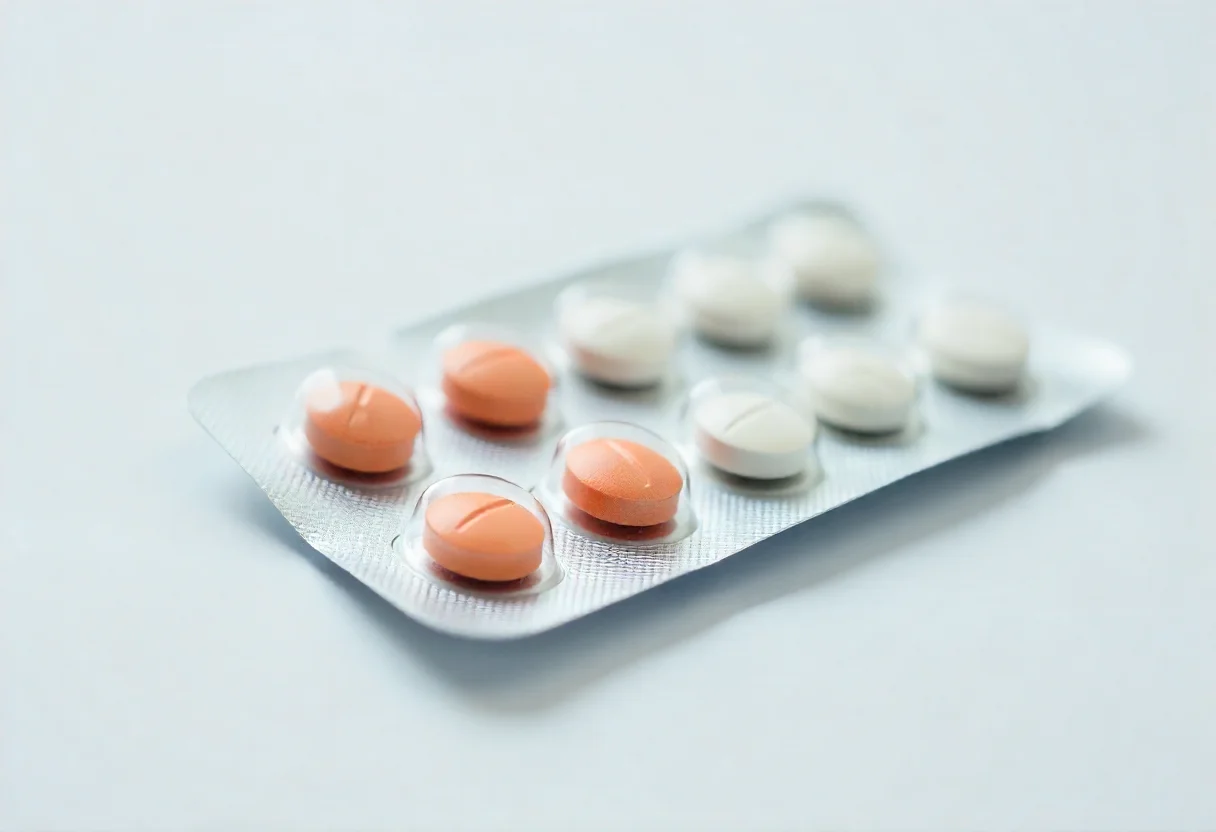
- Vitamin and mineral deficiencies can be observed.
- Anaemia may develop due to malnutrition.
- Weakening of the immune system makes the body more vulnerable to infections.
- Decrease in bone mineral density increases the risk of osteoporosis and fractures.
- In addition, reproductive health problems such as menstrual irregularities and infertility in women can also occur.
- In the long term, chronic underweight can lead to serious health problems such as cardiovascular disease, dementia and other neurodegenerative diseases.
- Reduces work productivity and school success.
- Another important problem seen in underweight individuals is that malnutrition can lead to growth retardation in childhood. This can have negative effects on mental development and academic performance.
- Undernutrition also increases the risk of giving birth to low birth weight babies in pregnant women, which can lead to intergenerational health problems.
For individuals who are below ideal body weight, the process of weight gain should begin with a general health screening and provide solutions to the cause of the underweight. In some cases, there may be an underlying health problem underlying weight loss or failure to gain weight.
Increasing energy intake is achieved by consuming more food than the daily calorie requirement. However, the increase in calorie intake should only be provided by foods with high nutritional value. Individuals trying to gain weight should increase their food consumption and portion sizes in order to meet their daily energy requirements.
- A healthy adult's daily protein requirement is 0.8 grams per kilogram. 75% of this requirement should be provided by including animal based proteins which are quality protein sources, in the daily diet. Eggs, red meat, chicken, turkey, fish, whole milk and dairy products can be added to the diet. Here, which foods to add and how should be arranged should be completely personalized.
- Foods that are small in volume but rich in energy and nutritional value are defined as having high energy density. Since stomach capacity decreases due to loss of appetite caused by many reasons in individuals who are targeted to gain weight, these foods should be preferred first. These foods both increase energy intake and provide replacement of macronutrients such as carbohydrates, proteins, fats and vitamins and minerals. For example, foods such as nuts and dried fruits play a major role in this process. With this principle, instead of soups that are low in energy and nutrients, meat dishes, legume dishes, meaty vegetables, cereals or practical salads containing these should be included more in meals.
- Instead of fast food or processed foods that are high in energy but low in nutritional value, whole grains, vegetable oils, protein-rich foods and various fruits and vegetables should be preferred. An increase in the consumption of ready-made and processed foods increases the intake of saturated and trans fats and causes the development of chronic diseases in the long term.
- Vitamins and minerals found to be deficient as a result of health screenings should be replaced, primarily by natural means, and if there are deficiencies at impossible levels, supplements should be applied only with the guidance of health professionals, and unnecessary use of nutritional supplements should be avoided. Among the deficiencies that are usually seen due to underweight, omega-3, calcium, iron, zinc and vitamin B12 come first.
- Increasing the number of meals, consuming 5-6 small meals instead of 3 main meals every day is an effective way to increase calorie intake. Additionally, adding high-calorie drinks, protein bars, and snacks like whole milk or kefir can help you reach your daily calorie and nutrient goals.
- Foods that help you gain healthy weight: nuts, dried fruits, red meat, chicken, turkey, fish, eggs, milk, yogurt, kefir, whole grain products, and legumes.Incorporating resistance exercises into the nutrition plan specifically promotes muscle mass gain and helps to store calories as muscle.
- Do not skip meals, increase the number and frequency of meals.
- Try not to start main meals with low energy foods such as soups and salads.
- Include snacks with high energy density in your snacks.
- Avoid water or drinks consumption with meal sor before meals.
- Consume healthy sources of carbohydrates, such as whole grain products, to meet your nutritional requirements.
- Benefit from quality protein sources.
- Include nuts in your diet.
- Consume whole milk and dairy products.
- Add nutritious sandwiches to your snacks.
- Make your salads high in energy and nutrients with legumes, grains and meat/chicken/fish, and don't make it a meal on its own.
- Weight gain does not only mean increasing calorie intake. It is essential that the content of the increased calories is balanced in terms of protein, carbohydrates and fat. It is important to have a healthy and balanced diet while gaining weight.
- It is wrong to think that exercise should not be done to gain weight. Exercise should be done during this process, especially resistance exercises (weight lifting etc.) will help you gain weight in a healthy way by increasing muscle mass.
- Protein supplements are not needed for weight gain, sufficient protein intake from foods is sufficient for weight gain.
- Consuming fatty foods is not the best way to gain weight, their high calorie content supports reaching the goal, but in the long run, it can lead to heart disease, high cholesterol, liver disease and other health problems.
Yeung SSY et al. Healthy Diet for Healthy Aging. Nutrients (2021).
Cicero AFG et al. An Evolving Definition of a "Healthy Diet". Nutrients (2023).
Esquivel MK. Energy Balance Dynamics: Exercise, Appetite, Diet, and Weight Control. Am J Lifestyle Med (2021).
Müller MJ et al. Changes in Energy Expenditure with Weight Gain and Weight Loss in Humans. Curr Obes Rep (2016).
Uzogara, SG. Underweight, the Less Discussed Type of Unhealthy Weight and Its Implications: A Review. American Journal of Food Science and Nutrition Research (2016).
Türkiye Beslenme Rehberi TÜBER 2022” , “T.C. Sağlık Bakanlığı Yayın No: 1031, Ankara 2022.















